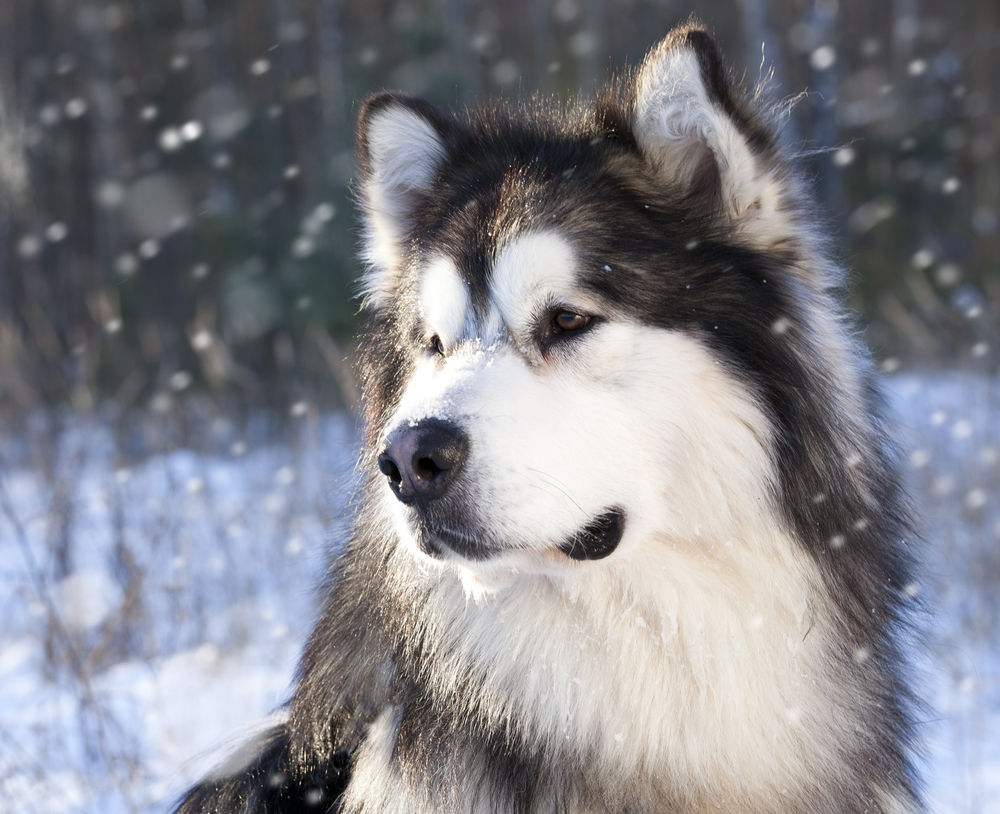Proper Nutrition and Diet for Alaskan Malamutes
In this comprehensive guide, we will delve into the essential aspects of providing proper nutrition and a well-balanced diet for Alaskan Malamutes, one of the most majestic and strong dog breeds out there. As a responsible pet owner and lover of these incredible canines, we understand the significance of offering the best care and nutrition to keep our furry friends healthy, active, and happy. A well-structured diet is a fundamental pillar of their well-being and can significantly impact their overall health, longevity, and vitality.
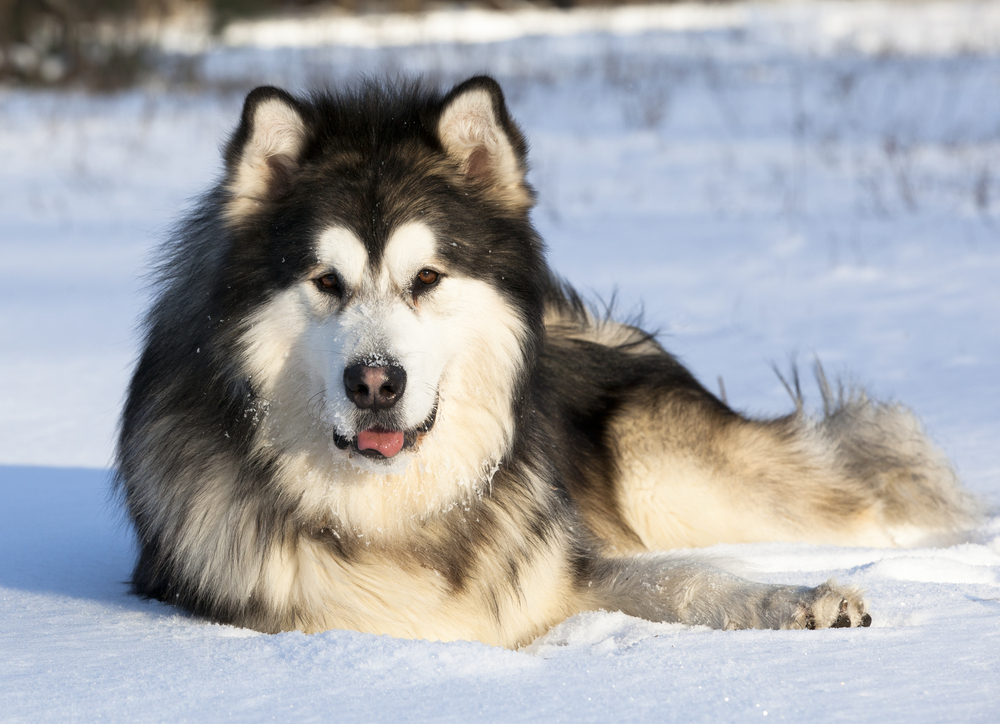
Understanding Alaskan Malamutes' Dietary Needs
Before we proceed to the specifics of their diet, let’s grasp the unique characteristics of Alaskan Malamutes and how they influence their nutritional requirements. As a large and powerful breed originating from the Arctic, they have distinct traits that set them apart from other dogs.
1. Active Lifestyle and Energy Requirements
Alaskan Malamutes are highly active and energetic dogs, originally bred to pull heavy sleds over long distances. Thus, their diet should cater to their energy demands, providing ample calories to fuel their activities and maintain their optimal body condition.
2. Protein-Rich Diet
As active dogs, Alaskan Malamutes require a protein-rich diet to support muscle development, repair tissues, and sustain their active lifestyle. High-quality animal-based proteins, such as chicken, beef, and fish, are crucial for meeting their dietary needs.
3. Healthy Fats
To keep their skin and coat in top-notch condition, Alaskan Malamutes benefit from healthy fats, including omega-3 and omega-6 fatty acids. These fats also aid in promoting joint health and overall well-being.
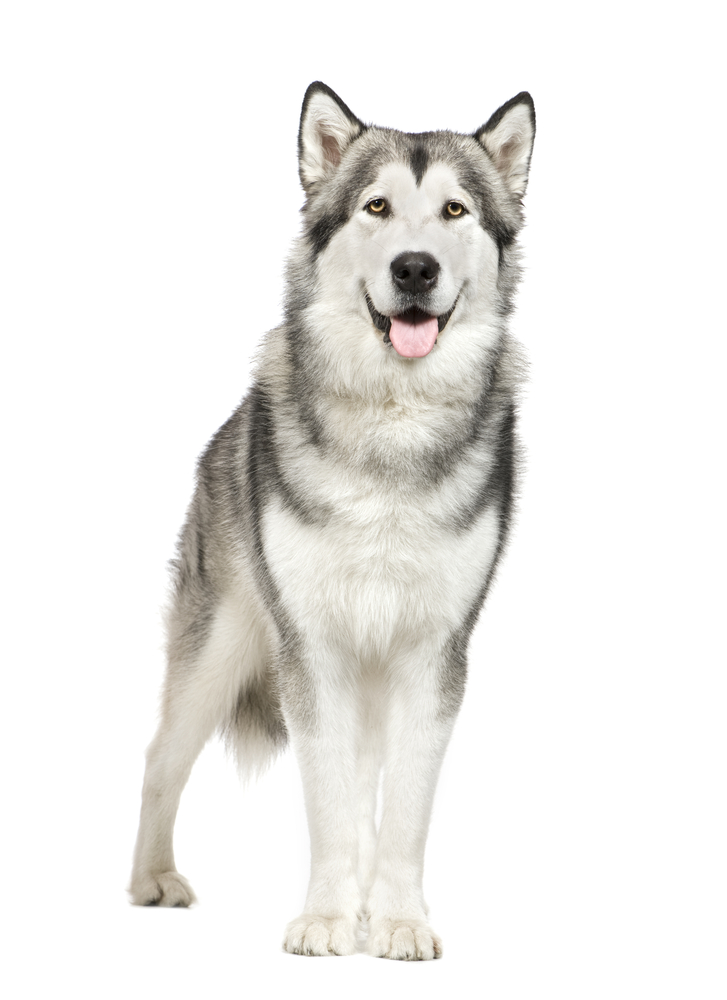
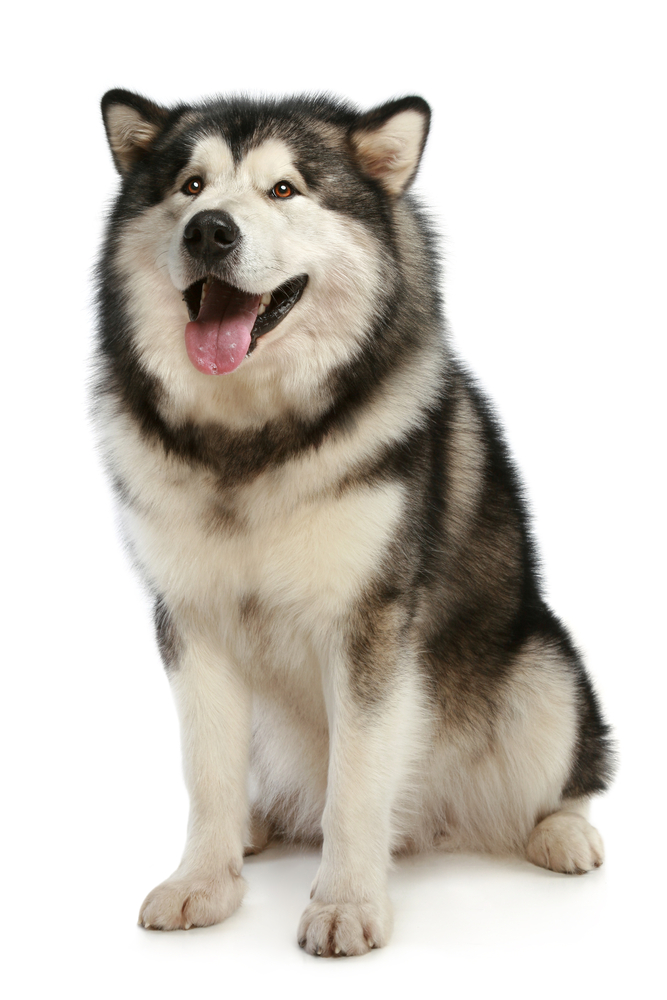
Crafting a Balanced Diet
A balanced diet is key to the overall health and happiness of our Alaskan Malamutes. We recommend the following components for a well-rounded nutrition plan:
1. Protein Sources
Incorporate lean meats like chicken, turkey, and fish into their diet. These protein sources are essential for maintaining muscle mass and providing them with the energy they need to stay active.
2. Wholesome Carbohydrates
Complex carbohydrates, such as brown rice, sweet potatoes, and quinoa, should form a part of their diet. These provide a steady source of energy and aid in digestion.
3. Beneficial Fruits and Vegetables
Include fruits and vegetables like blueberries, carrots, and spinach to provide vital vitamins, minerals, and antioxidants that bolster their immune system.
4. Healthy Fats
Integrate sources of healthy fats, such as salmon oil or flaxseed, to maintain their skin and coat health and reduce inflammation.
Portion Control and Feeding Schedule
As important as the content of their diet is the portion control and feeding schedule. Overfeeding can lead to obesity, which can have adverse effects on their joint health and overall well-being. Follow these guidelines to ensure appropriate portion sizes:
1. Age and Activity Level
Consider your Alaskan Malamute’s age and activity level when determining portion sizes. Puppies and highly active dogs may need more frequent meals with larger portions, while older or less active dogs may require smaller, more spaced-out meals.
2. Avoid Free Feeding
Avoid free feeding, where food is left out all day for them to eat at will. Instead, establish a regular feeding schedule, typically two to three times a day, to maintain their metabolism and prevent excessive weight gain.
3. Monitor Their Weight
Regularly monitor your dog’s weight to ensure they are maintaining a healthy body condition. If they start to gain or lose weight unexpectedly, adjust their portion sizes accordingly.
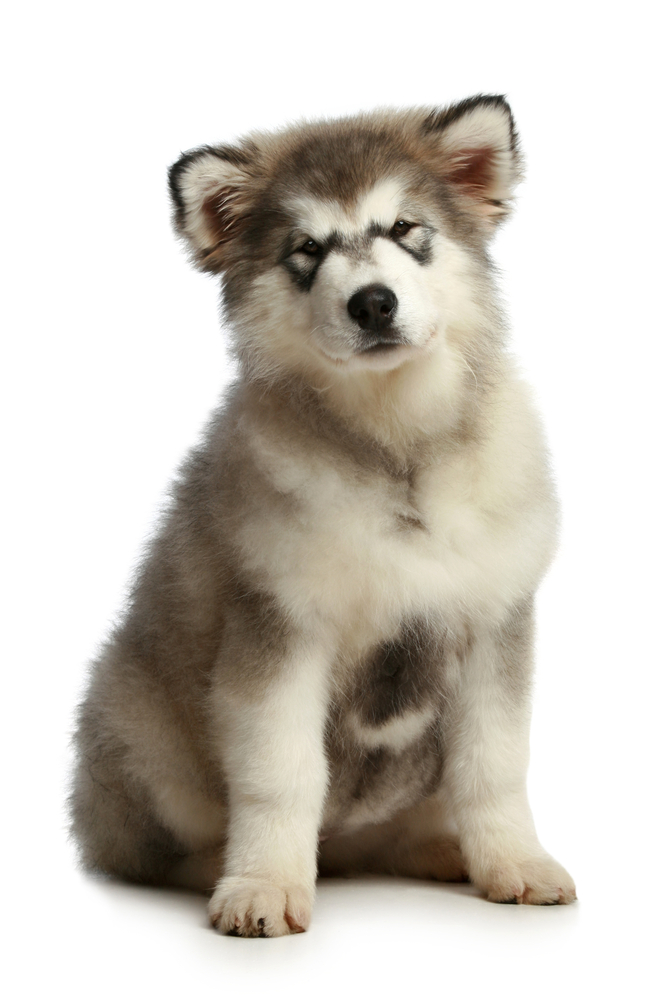
Hydration is Key
Just like with any other dog breed, staying hydrated is crucial for Alaskan Malamutes. Always provide access to fresh and clean water throughout the day, especially after intense physical activities or in warmer weather.
Proper Nutrition and Diet for Alaskan Malamutes
Proper nutrition and a well-balanced diet are vital components of caring for Alaskan Malamutes, ensuring their health, longevity, and overall well-being. By understanding their unique nutritional needs and providing them with a diet rich in protein, healthy fats, and essential nutrients, we can support their active lifestyle and make sure they live a happy and fulfilling life.
Remember, the love and care we invest in their nutrition are mirrored in their exuberant energy, wagging tails, and unconditional love they give back to us. So let’s prioritize their health and give them the nutrition they deserve!
